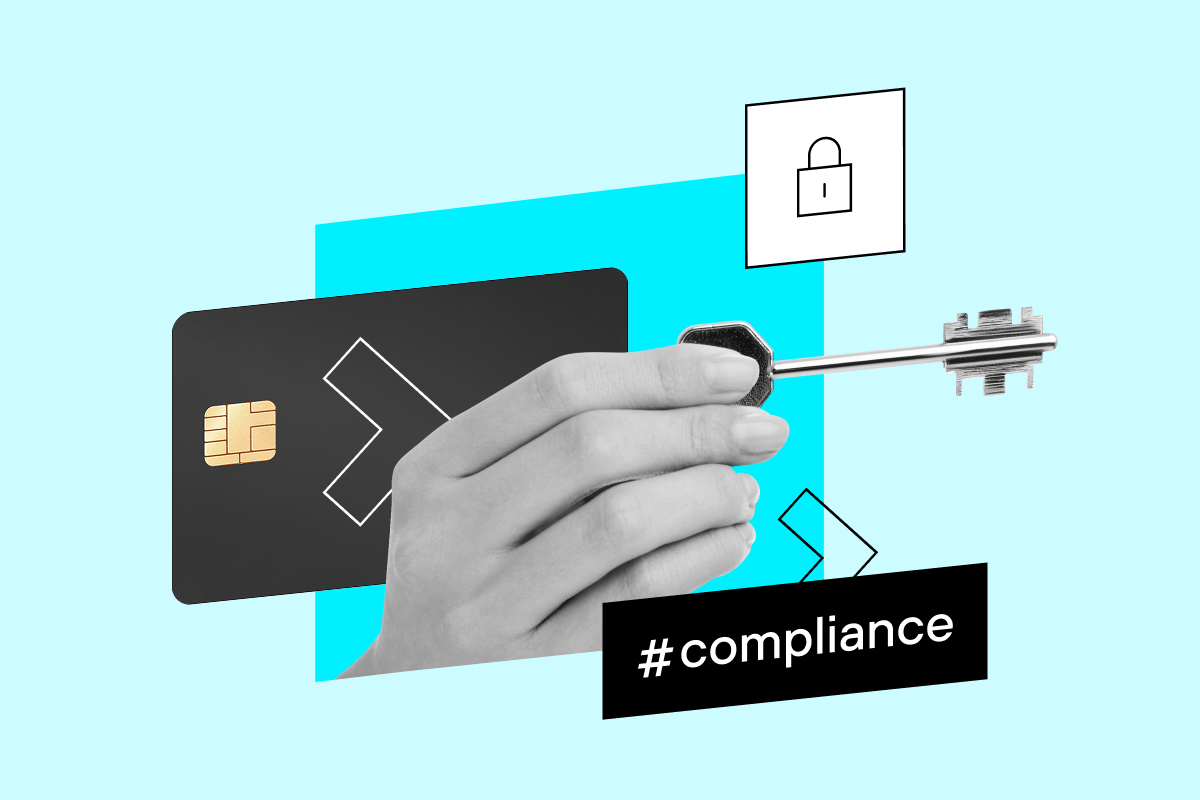Due diligence
Due diligence is a comprehensive investigation and verification process conducted to assess the legitimacy, compliance, and risk profile of potential business partners, merchants, or counterparties before establishing business relationships or processing agreements. Due diligence serves as a critical risk management tool that helps , banks, and other financial institutions identify potential risks, ensure regulatory compliance, and make informed decisions about business relationships that could expose them to financial, operational, or reputational risks.
The due diligence process encompasses multiple areas of investigation, including background checks:
- Background checks on business owners and key personnel
- Financial verification through statements, tax records, and credit reports
- Business legitimacy assessment with registration, licensing, and operational capacity
- Regulatory compliance evaluation against laws and industry standards
- Risk assessment based on industry, business model, geography, and history
Modern due diligence leverages technology to enhance efficiency and accuracy, using automated screening systems that check against government watchlists, sanctions databases, and politically exposed person (PEP) lists, database verification services that confirm business registration and licensing information, credit reporting services that provide detailed financial histories, social media and online presence analysis to verify business legitimacy and reputation, and ongoing monitoring systems that alert to changes in risk status or regulatory compliance. The scope and depth of due diligence vary based on risk assessment, with higher-risk merchants or partners requiring more extensive investigation, while ongoing due diligence ensures that risk profiles remain current throughout business relationships.


